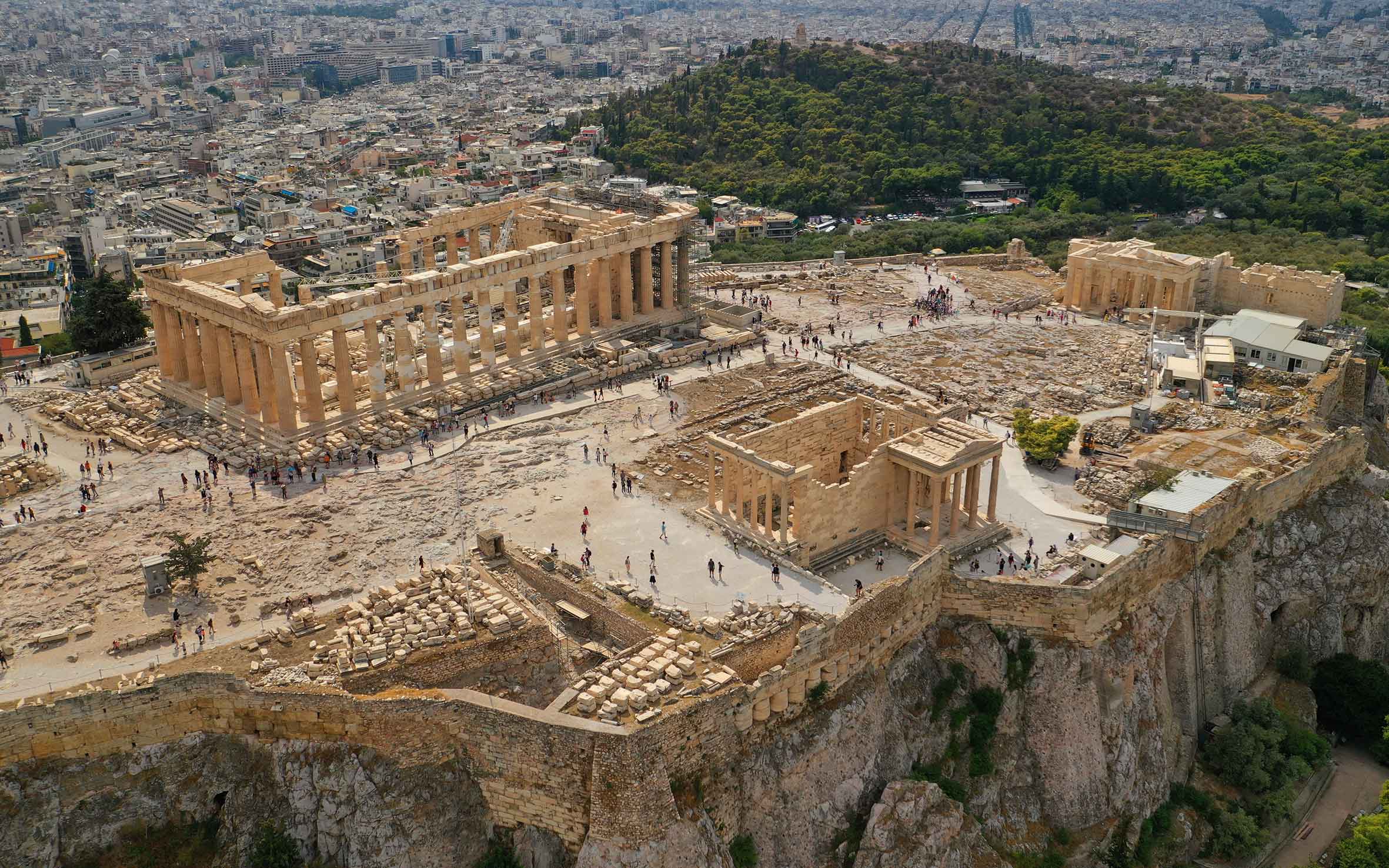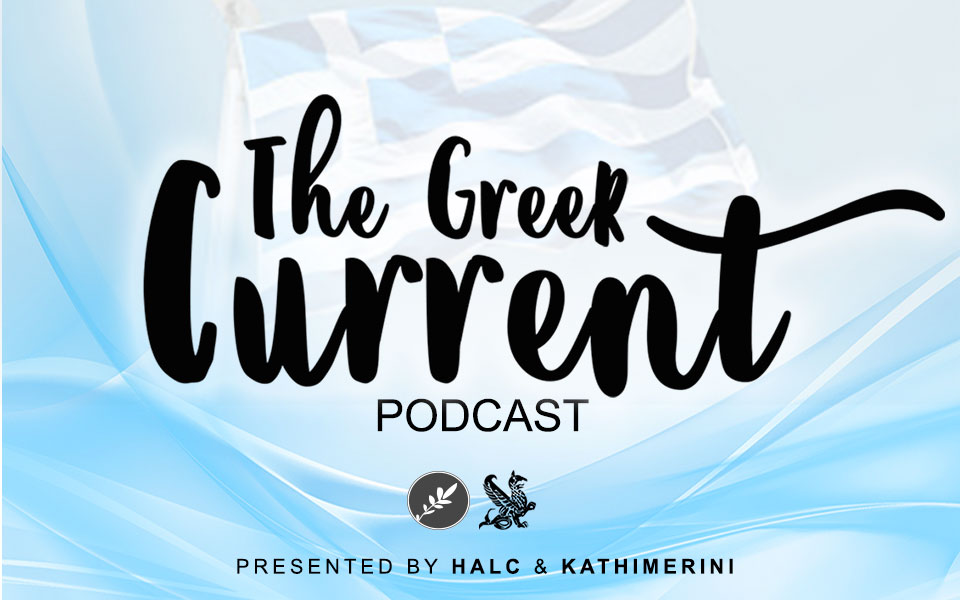Lessening the Intensity of the War in Gaza
July 1, 2024
In recent posts, I said that Prime Minister Netanyahu could be thinking of continuing the war in Gaza in different ways depending on the battlefield requirements, lowering the loss of life among Gazans, keeping the talks over hostage-prisoner exchange and humanitarian aid alive, and thus gaining time until the upcoming US presidential election that might pave the way for another family visit to a Trump White House. But until then, should that prove to be the case, it would be a tough path for Mr. Netanyahu both at home and abroad with only a four-seat majority in the Knesset, an increasingly critical global view of Israel’s operations in Gaza, and now the prospect of a war with Hezbollah.
No matter what is said publicly, I believe that both Israel and Hezbollah are aware of the immense cost of such a confrontation and would prefer to avoid an all-out war, that is if the Netanyahu government follows up on its promise to reduce the intensity of IDF’s operations in the Gaza Strip.
Opposition leader Benny Gantz had joined the emergency war cabinet along with Mr. Netanyahu and Defense Minister Yoav Gallant. The political rivals agreed to coequal roles to show the nation and the world a united front. However, differences surfaced on various cease-fire proposals that could have led to hostage releases and more importantly on Netanyahu’s refusal to put forward a strategy for governing Gaza after the war. Thus, on June 9, Mr. Gantz resigned, and the Prime Minister dissolved the war cabinet.
For some observers, the question is not only the future of Gaza but the West Bank as well, despite growing international emphasis on the two-state solution as reflected in the recent UN Security Council Resolution 2735 (2024) which reaffirmed the Council’s unwavering commitment to the vision of the two-state solution and stressed the importance of unifying the Gaza Strip with the West Bank under the Palestinian Authority.
In mid-June, six weeks after Israel attacked Rafah, Israeli officials reportedly said that the battle was close to achieving its goals in southern Gaza, thus raising the possibility that months of major military operations might soon give way to a new, lower intensity phase of the conflict.
On June 21, the New York Times reported that an influential member of Prime Minister Netanyahu’s coalition, Finance Minister, Bezalel Smotrich, had told settlers in the Israeli-occupied West Bank that the government is engaged in a stealthy effort to irreversibly change the way the territory is governed, to cement Israel’s control over it without being accused of formally annexing it.[i] Some days later, it was reported that Israeli officials had tentatively agreed to legalize five Jewish settlements in the occupied West Bank.[ii]
Last week, in his first Israeli media interview since the start of the war in October, Prime Minister Netanyahu said that the “intense phase” of fighting Hamas in Gaza is “nearly” over, allowing forces to move to the northern border with Lebanon to confront its ally Hezbollah. He also said that Israel was prepared to pause fighting in Gaza for a partial deal in exchange for the return of a number of hostages held by Hamas. Still, he stressed, “That doesn’t mean the war is about to end”, with action continuing until Hamas was completely driven from power. Addressing the escalating hostilities with Hezbollah, which raised fears of a wider regional war, he said: ″We can fight on several fronts, and we are prepared to do that.”
In the meantime, the discussion between Mr. Netanyahu and senior US officials about the supply of weapons and ammunition, mutual accusations between UN and Israeli officials about the amount of aid and its distribution, reports of an impending famine in Gaza, looting of aid, and the problems with the US pier continue to be the secondary agenda items of the conflict.
It seems that the Netanyahu government is bidding for time to realize whatever undisclosed plans it has for the future of Gaza and the West Bank.
Mr. Netanyahu will address a joint session of the US Congress on July 24, a little more than three months before the US presidential election. And he will have talks with President Biden.
In January 2020, Prime Minister Netanyahu visited Washington President Trump and Prime Minister Netanyahu spoke for 47 minutes. During those 47 minutes, there were 71 applause, most of them standing. There were no Palestinian leaders present. Even the Blue and White chairman Benny Gantz was not visible. It was all about President Trump and Prime Minister Netanyahu and their being family.
The two leaders announced together the “political dimension” of the “deal of the century”, officially called “Peace to Prosperity: A Vision to Improve the Lives of the Palestinian and Israeli People”. The announcement came almost eight months after Washington publicized the plan’s economic portion, at a workshop in Manama in June 2019. Nobody remembers the plan anymore.
Notably, during last Thursday’s presidential debate on CNN, Mr. Trump simply did not answer the question if he supports the idea of an independent Palestinian state. He just said, “We’ll see,” before moving on to another topic.
Mr. Netanyahu’s visit to Washington would again witness expressions of ironclad support for Israel’s lasting security, but the atmospherics are likely to be slightly different. However, a later visit to a second Trump White House can be an occasion to revive the “deal of the century”.
With the tremors of last Thursday’s presidential debate between President Biden and Mr. Trump, the West has entered a critical period of four months.
[i] https://www.nytimes.com/2024/06/21/world/middleeast/israel-west-bank-netanyahu-bezalel-smotrich.html?campaign_id=60&emc=edit_na_20240621&instance_id=0&nl=breaking-news&ref=headline®i_id=60473709&segment_id=170204&user_id=6e50439e867e4155600e5ebabac2aa22
[ii] https://www.nytimes.com/2024/06/29/world/middleeast/israel-west-bank-settlements-palestinian.html








